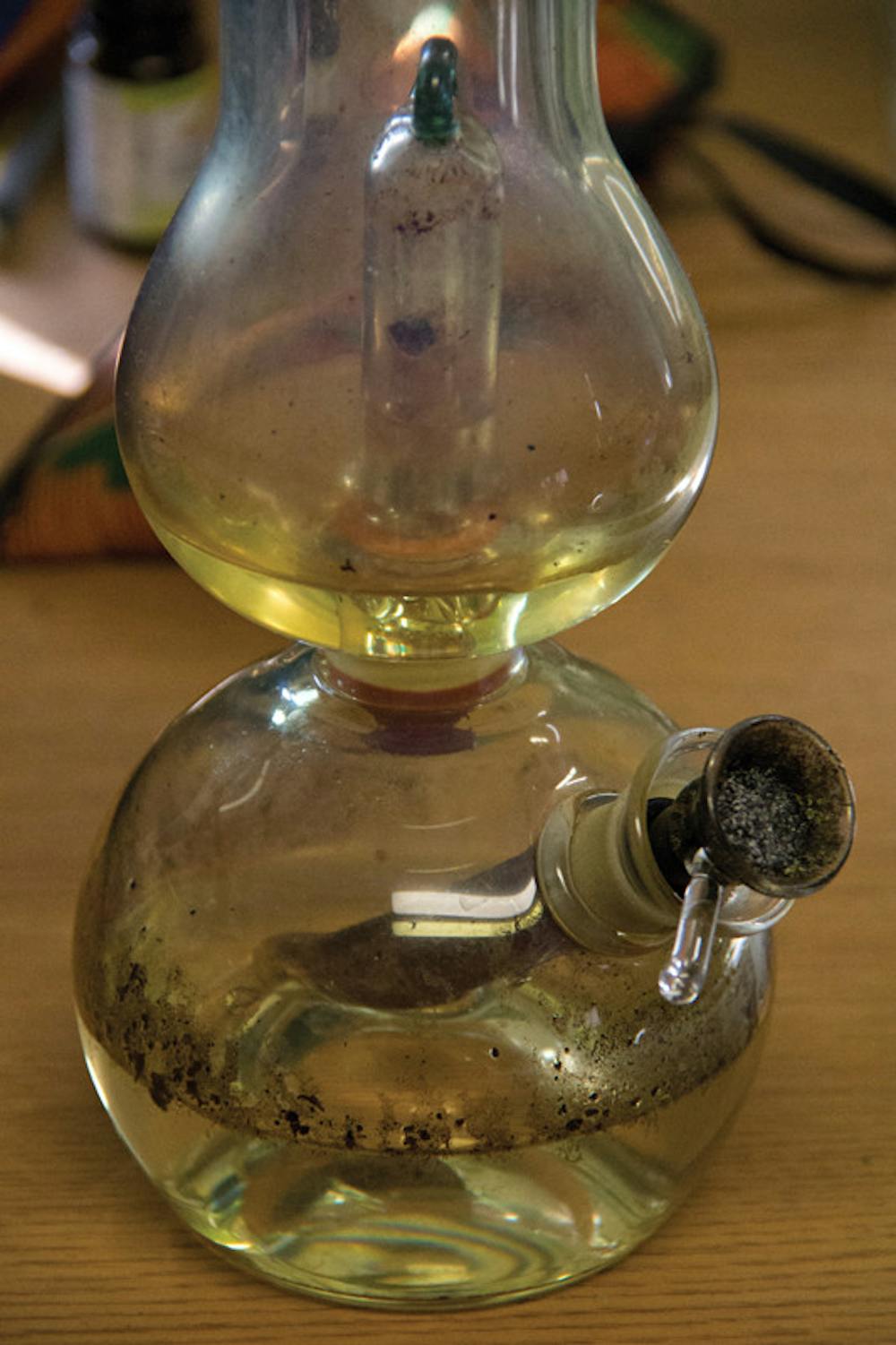Individual impulsivity and genetic variation make certain marijuana users more prone to “marijuana-related problems,” according to a new study led by Assistant Professor of Psychiatry and Human Behavior L. Cinnamon Bidwell.
The study, published in the November edition of the Journal of Studies on Alcohol and Drugs, required 151 marijuana users to submit DNA samples, take impulsivity tests and answer questionnaires about how marijuana use affects their daily lives. The study aimed to determine the relationship between impulsivity, genetics and the negative behavioral affects of marijuana.
The researchers found that highly impulsive people with a specific variation of the cannabinoid receptor gene — CNR1 — were at higher risk of experiencing problems due to regular marijuana use.
“Impulsivity is a personality trait. Just because someone uses marijuana doesn’t mean that they will become dependent,” said Jane Metrik, assistant professor of behavioral and social sciences and the study’s principal investigator. “Only about 9 percent of those who have ever used marijuana eventually become dependent, so there are certain factors that put people at higher risk.”
“Now we can start to identify who might be at risk for problems and who could be targeted with prevention or treatment efforts that might protect them from those negative outcomes,” Bidwell said.
The impulsivity of the participants in the study was measured using three widely accepted impulsivity tests — the Barratt Impulsiveness Scale, the Stop Signal Test and the Delay Discounting Questionnaire. Researchers analyzed participants’ results on these tests in conjunction with their variation of the cannabinoid receptor gene.
“The impulsivity on its own and the genetic variant on its own did not provide an association,” Bidwell said, acknowledging that prior literature did not fully examine how both genetics and impulsivity affect marijuana-related problems together.
The researchers also used the Marijuana Problem Scale to objectively quantify marijuana-related problems, which varied from unemployment to procrastination. On average, the participants reported they experienced three out of the 22 potential problems.
“It was fully controlled,” Metrik said. “We actually made sure that they did not smoke any marijuana before they came in.”
Researchers made sure participants did not smoke within 12 hours of the experiment using a Smokalyzer — a carbon monoxide reader that detects how recently a person has smoked.

ADVERTISEMENT
More




